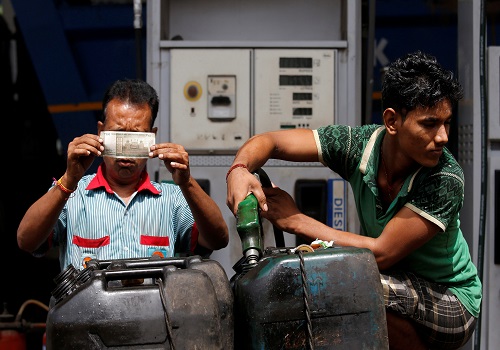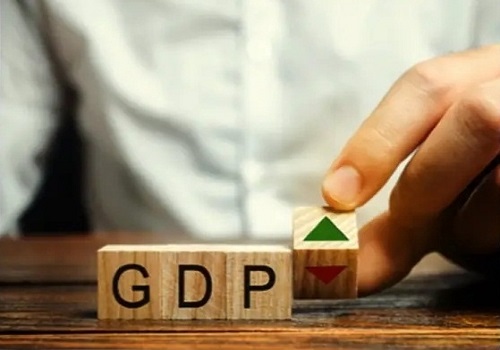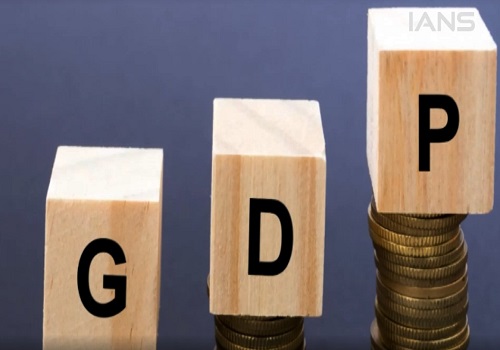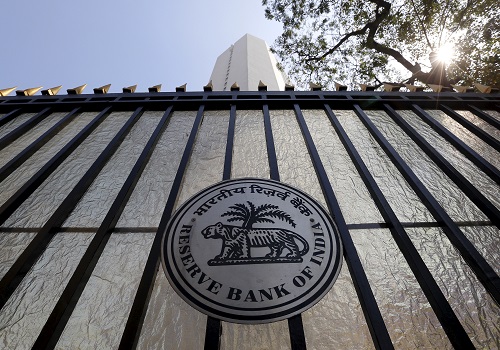India's growth expected to slow in 2023-24 on the back of sharp global slowdown
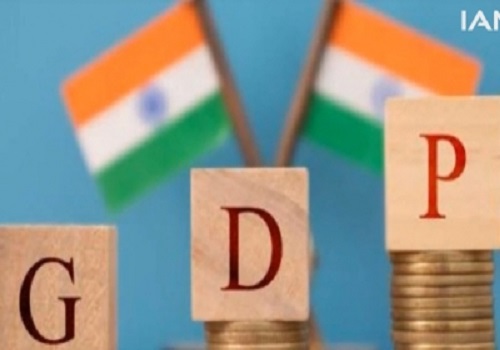
Follow us Now on Telegram ! Get daily 10 - 12 important updates on Business, Finance and Investment. Join our Telegram Channel
India's GDP growth is on course to print close to 7 per cent this year in 2022-23, foreign brokerage, JP Morgan said in a report.
While buoyant, it would still leave output about 7 per cent below its pre-pandemic potential trend, reflective of impact of the pandemic and adverse terms of trade shock from higher commodity prices in 2022.
Growth is expected to slow in 2023-24, on the back of a sharp global slowdown, which is weighing on exports, and the progressive fiscal and monetary policy normalization at home, JP Morgan said.
That said, corporate and bank balance sheets appear in much better shape than in recent years. Corporate debt/GDP is at its lowest since 2006 and banks are far more inclined to lend. But a broader private investment cycle will take time to fructify amidst elevated global uncertainty, slowing growth, tightening monetary conditions, manufacturing utilization rates still less than 80 per cent, the report added.
The Current Account Deficit (CAD) is on track to print above 3 per cent of GDP this year as exports have slowed and imports remain very sticky; bringing the CAD back to sustainable levels will have to be a key policy imperative in 2023.
In turn, key to CAD compression is continued fiscal consolidation off still-elevated levels; we expect the Center to achieve the budgeted fiscal deficit of 6.4 per cent of GDP this year and target a consolidation of 0.5 per cent of GDP next year; the fiscal balancing act will involve reducing the deficit while sustaining strong capex.
Inflation is expected to remain sticky in the coming months before gradually rolling off in 2023-24 as growth slows and input price pressure abates.
With the RBI raising rates by about 300 bps in 2022 and tightening liquidity, we expect the MPC is getting close to a pause, with the risk of a final 25 bps hike at the February review, the report added.

















